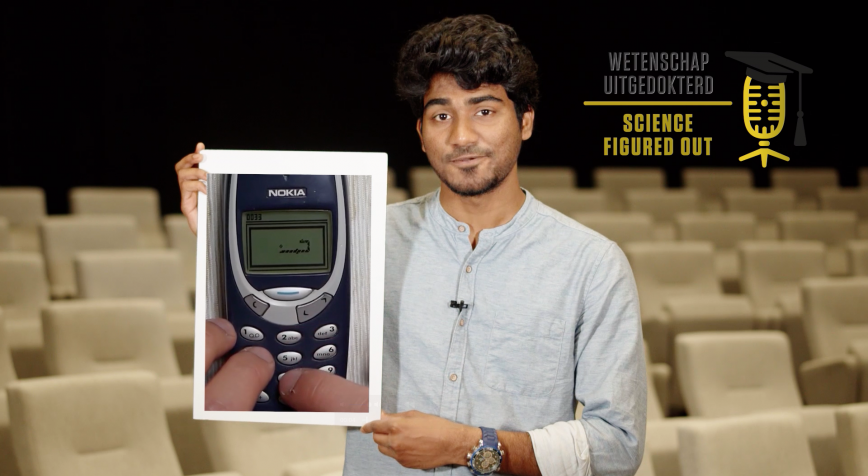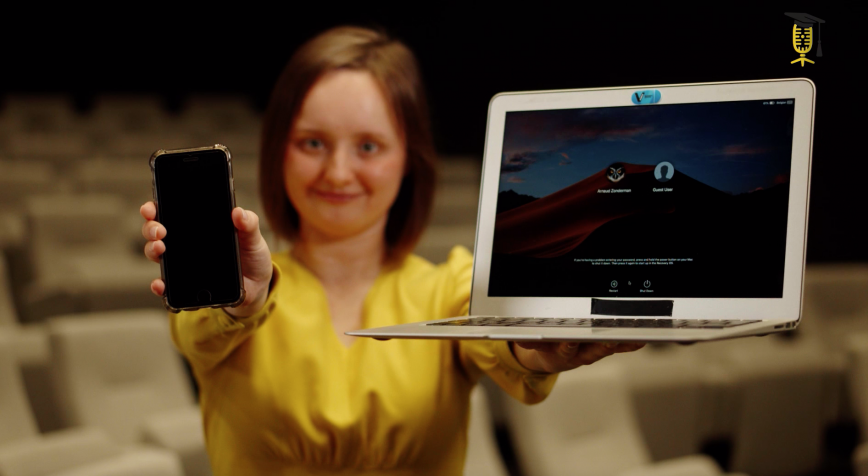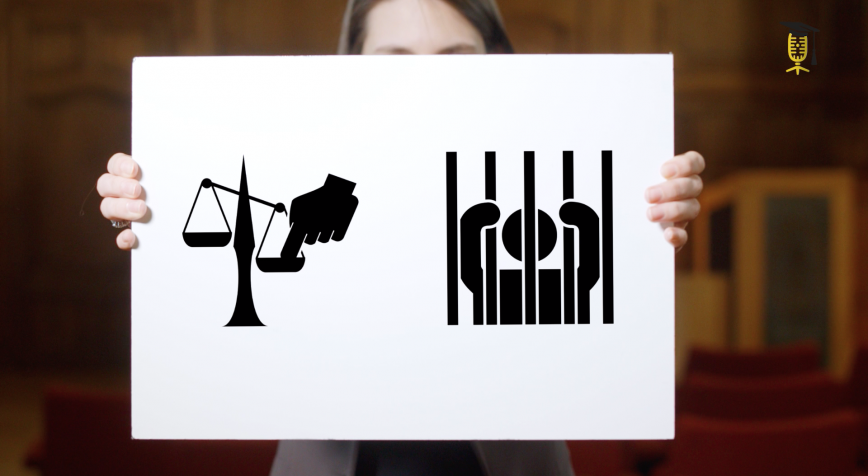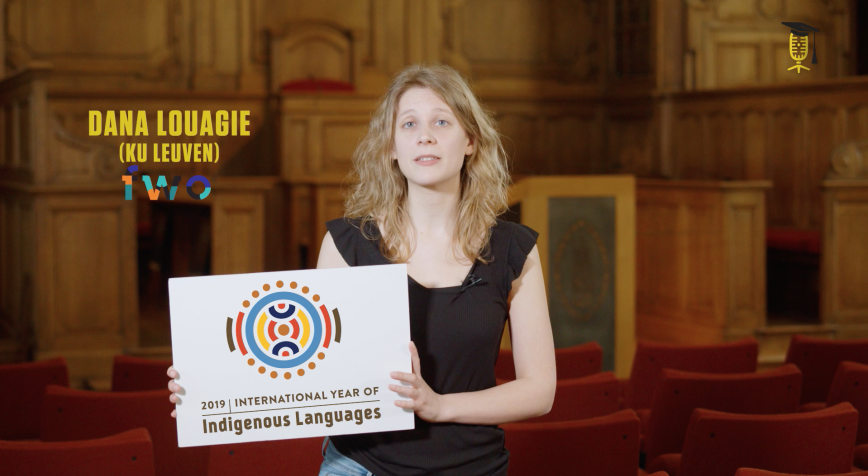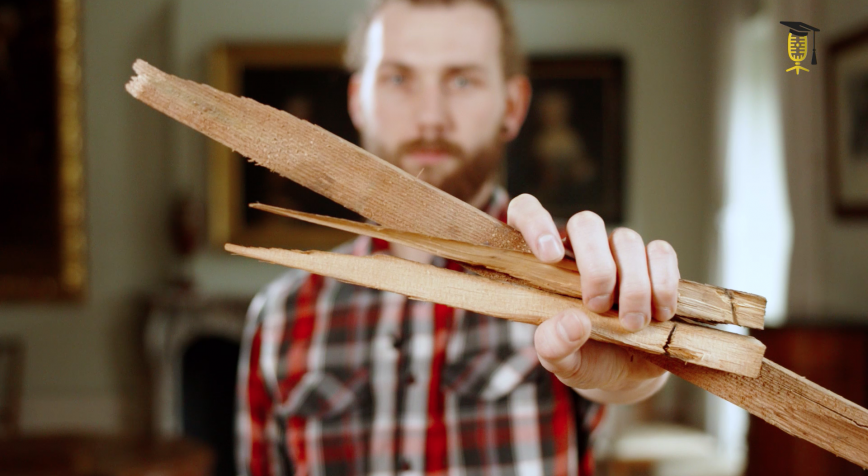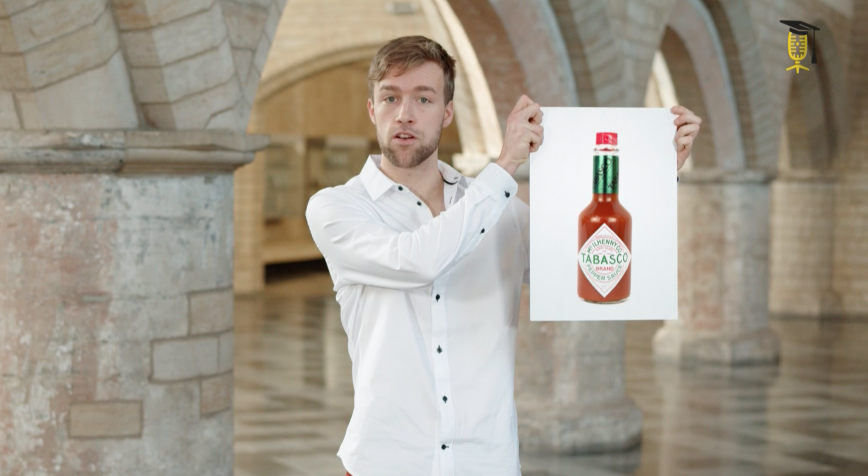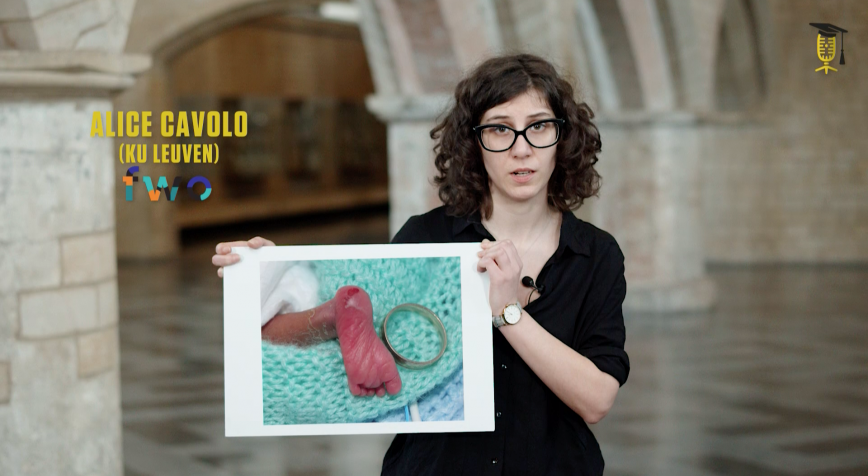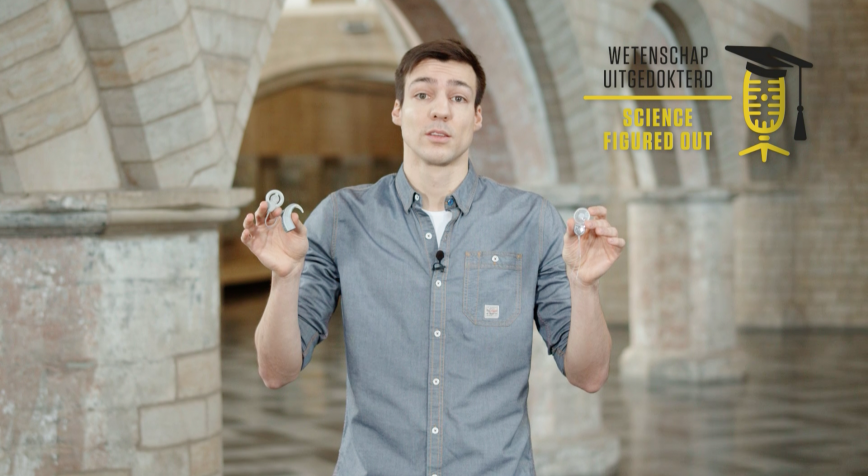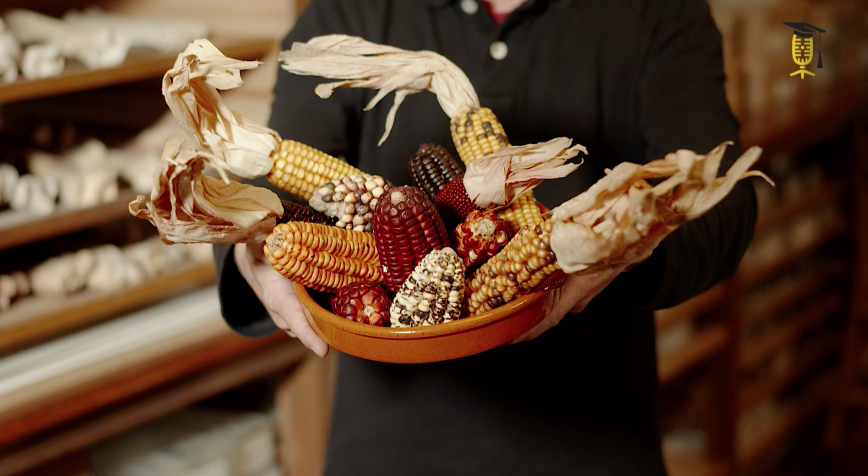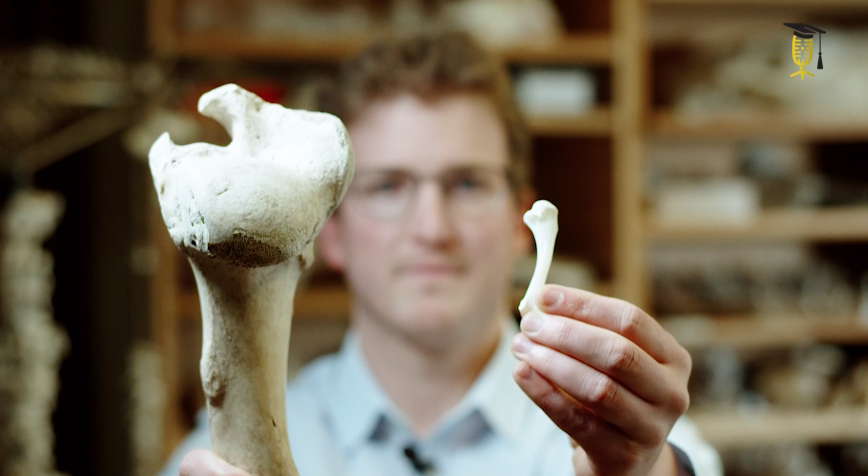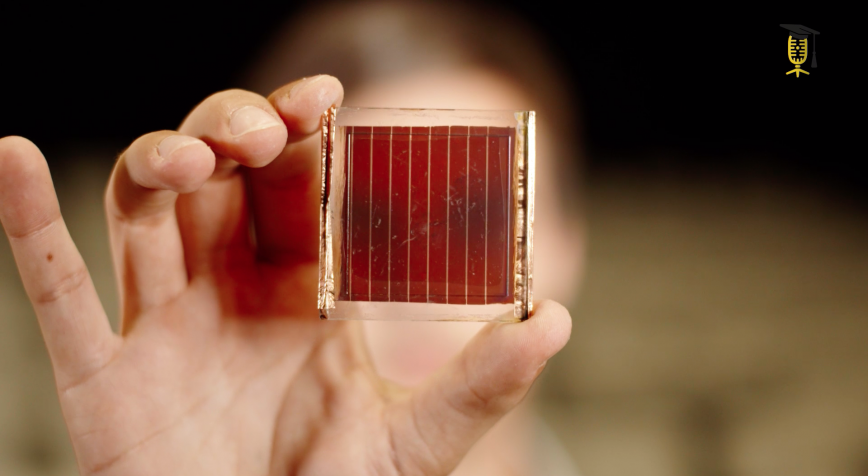
imec
KU Leuven
Window solar panels
"If we would cover the entire surface of Portugal with solar panels , this would generate enough energy to power the entire world. But of course, no Portuguese would ever allow this. But what about using their windows?" Jacopo Sala talks about new generation of solar panels.
